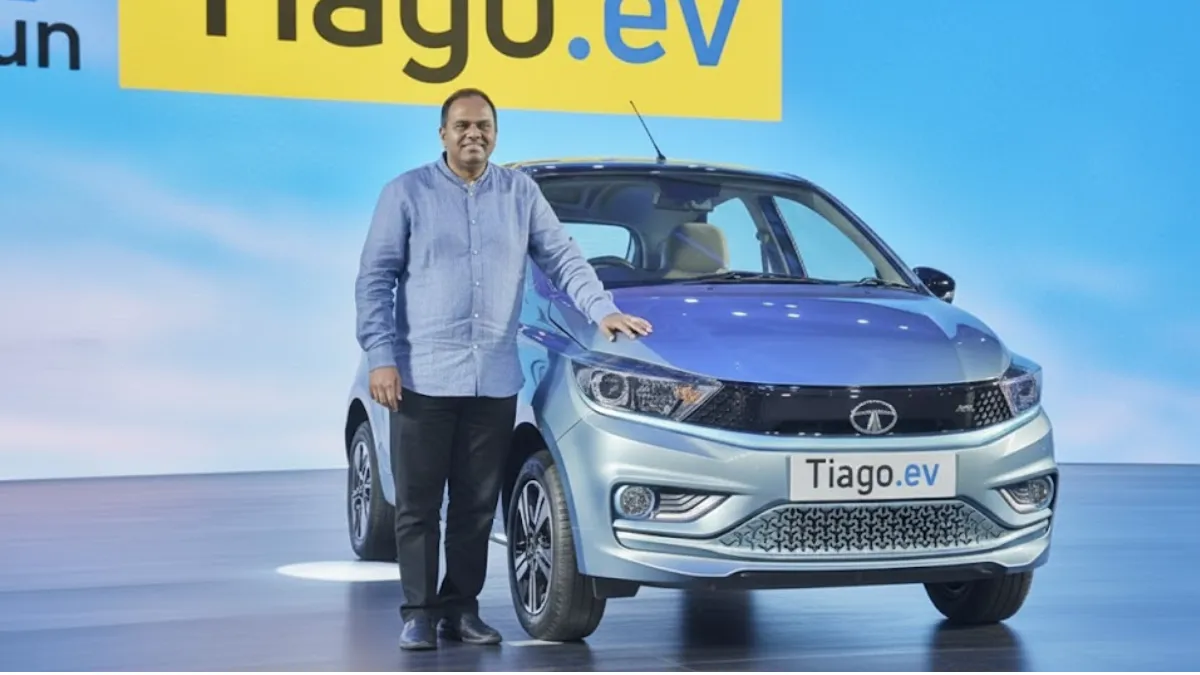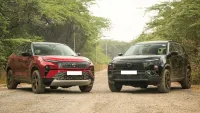I’ll be blunt India’s auto space is stuck in a strange tug of war. On one side, the government keeps tightening CAFE norms. On the other, a few manufacturers want “lighter cars” to get a little regulatory relaxation. Right in the middle of all this, Tata Motors’ Shailesh Chandra dropped a line that shook the room he rejected the whole weight-based relief idea outright.
Weight-based favour? That’s an old-school mindset.
Honestly, it felt refreshing. Chandra didn’t sugarcoat anything. He made it crystal clear that whether a car is light or heavy shouldn’t decide how much regulatory favour it gets. Efficiency and emissions should depend on technology, not the number on a weighing scale.
I remember testing a compact petrol car years ago. The dealer proudly said, Sir, it’s light mileage will be amazing. In the real world? The car barely touched 17–18 kmpl. That day I learned weight doesn’t save you; good engineering does. And I think that’s exactly what Chandra tried to say in a cleaner way.
Small cars matter, but the logic around their protection is flawed
Yes, small cars are the backbone of the Indian market. No debate there. But giving them weight-based relief? That feels like fixing the wrong problem.
If small cars truly need support, they need better engines, smarter battery tech, updated platforms, and modern engineering not loopholes.
And one more thing some people in the industry keep repeating that CAFE norms hit small cars harder. From what I’ve seen, the pressure is actually on their outdated mechanical setups, not on the segment itself. Today, making an affordable EV isn’t impossible. It just needs long-term seriousness. And Tata has already shown that it can be done, like it or not.
A quick personal story how software drove me crazy
Two years back in Pune, I went for a software update on a Tata EV. The technician said, “Sir, your range might improve a bit after this.” Update done. Next morning? The car displayed the wrong battery percentage. I spent almost an entire day at the dealership.
That episode taught me something modern cars are more about software than hardware. And if the future is software-heavy, then weight-based regulatory thinking honestly sounds like a chapter from an old book.
Future of the industry? Not light or heavy but smart
Some people might think Chandra’s stance is anti–small car. It’s not. It’s anti–lazy arguments. Every time someone says “cost pressure, cost pressure” and asks for relief, it just feels like avoiding evolution.
Indian buyers have become sharper. They’re watching which brands are genuinely future-ready. Whether it’s CAFE norms, EVs, or hybrids this transition will only work if companies invest in innovation instead of looking for weight-based shortcuts.
What now?
To me, it’s simple small cars will survive only if they modernize. Weight-based relief is a temporary bandage, not a cure. And when leaders in the industry themselves say this approach is unfair, maybe it’s time for the government to rethink the direction too.
India’s auto market is changing rough, a bit chaotic, but necessary. And in this phase, we need leaders who speak honestly, even if the truth isn't pleasant.





